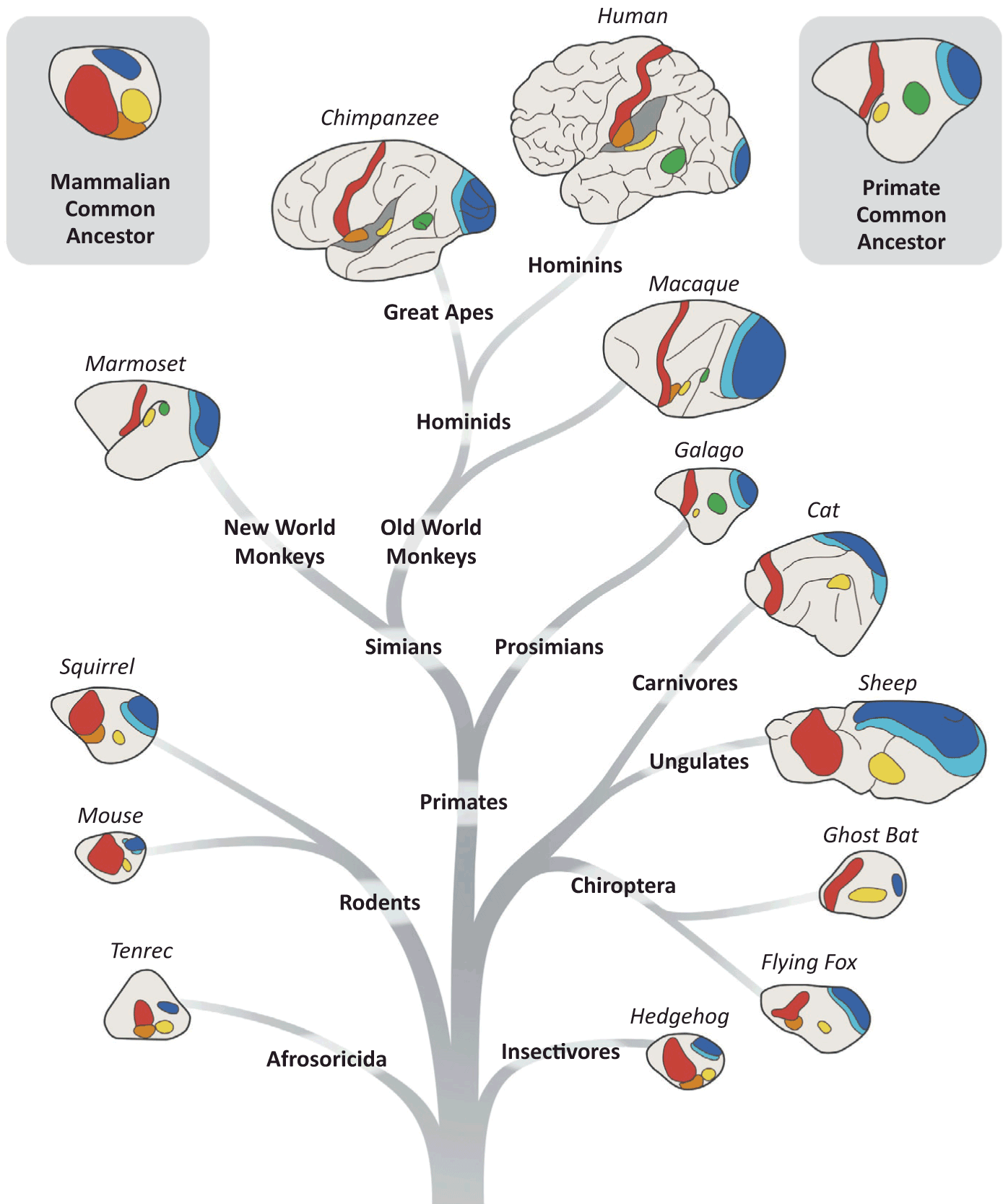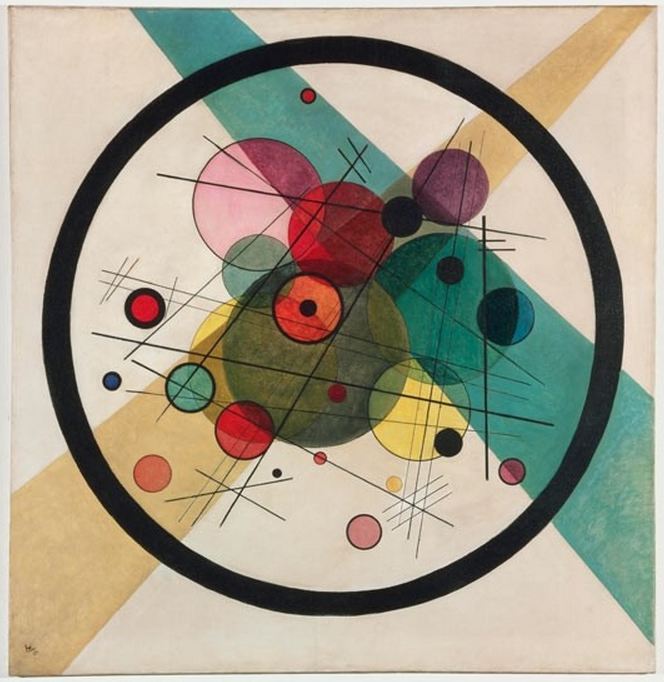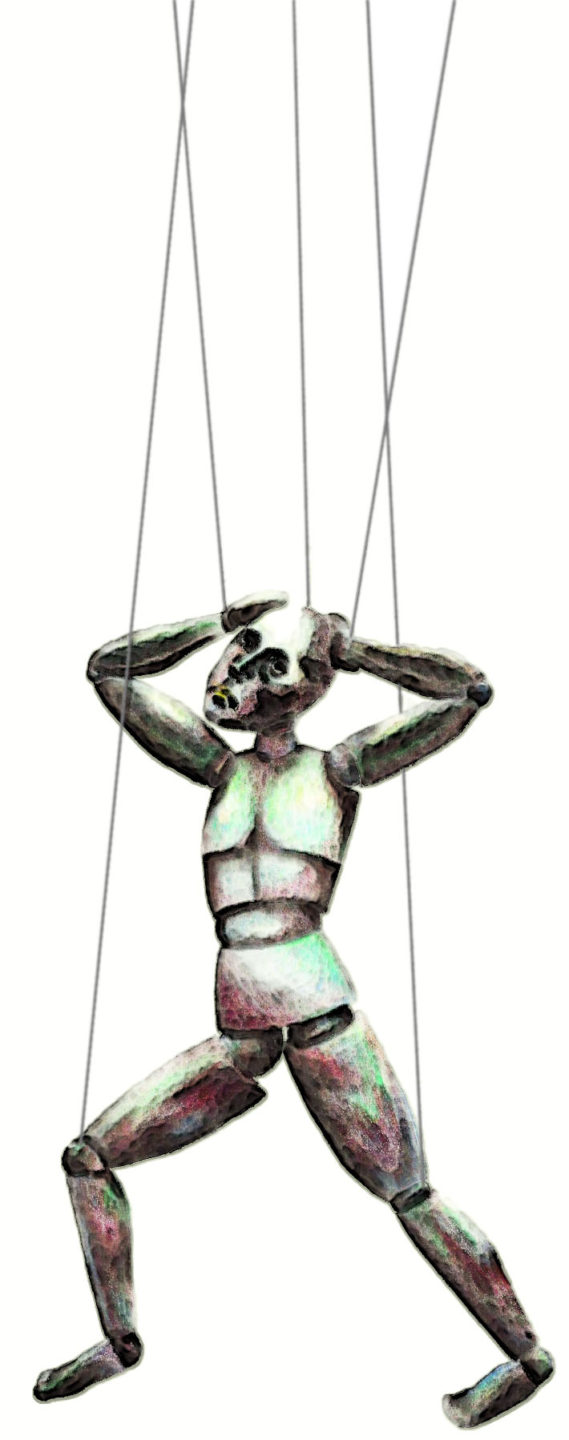Why all conscious thinking is sensory-based
This final post addresses an obvious puzzle: why is reflective thinking sensory based? We can, after all, think about all sorts of abstract nonsensory topics. We think about God, the size of the universe, the mental states of other people, the validity of arguments, arithmetical facts and other mathematical entities, …






